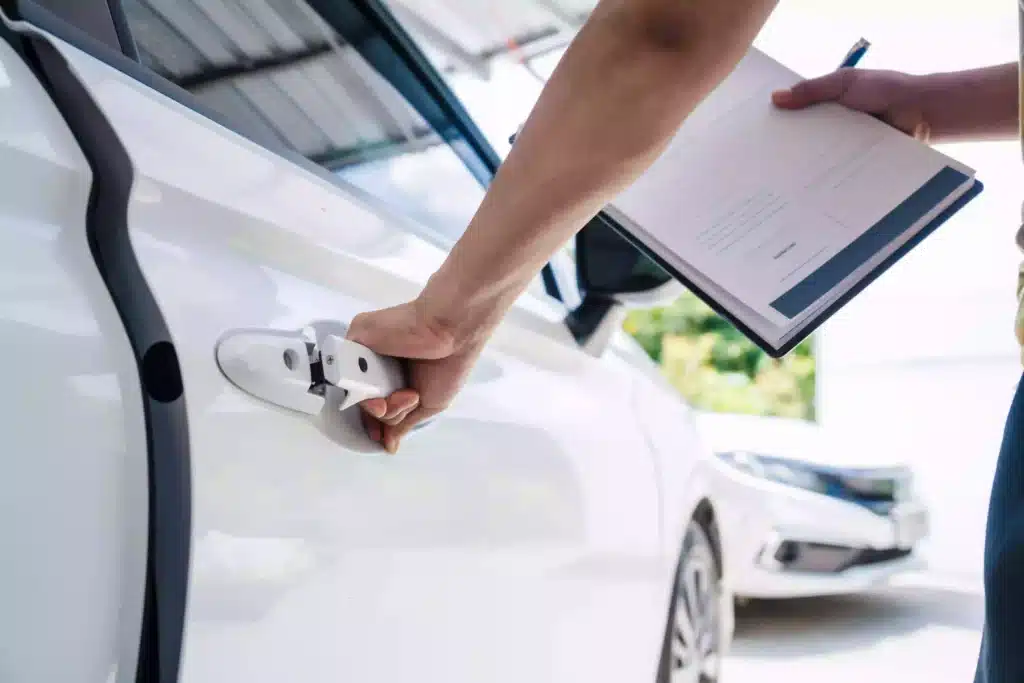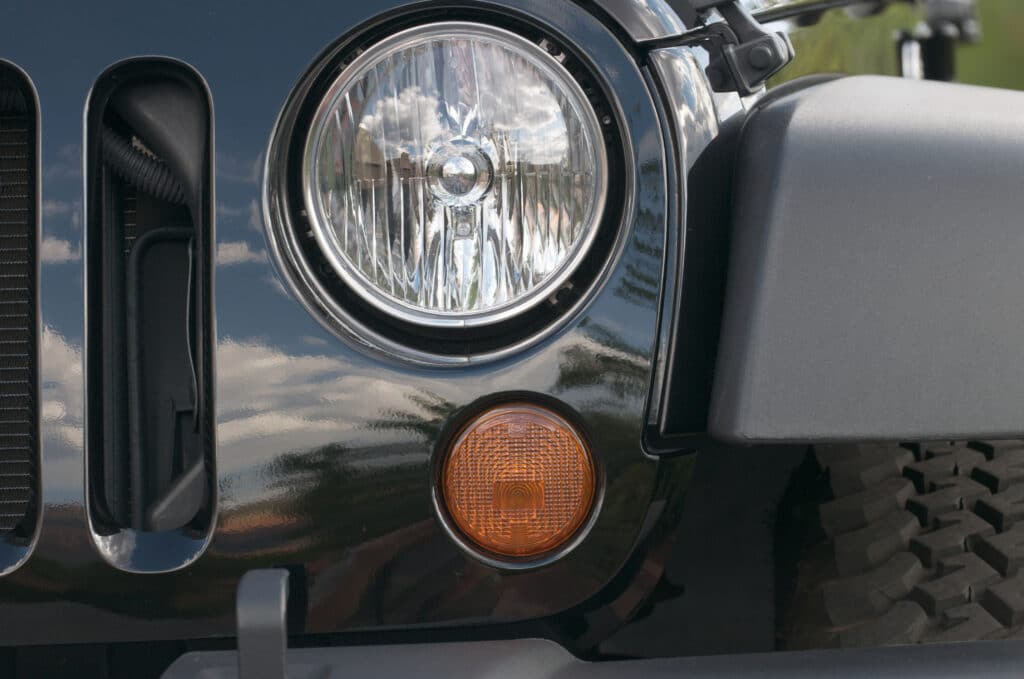When a car, truck, van, SUV or other vehicle model has an unreasonable safety risk, or if that vehicle fails to meet minimum federal safety standards, a recall will be issued on that vehicle or on specific vehicle components.
The National Highway Traffic Safety Administration enforces these safety standards and will sometimes order auto manufacturers to conduct recalls of cars, trucks or SUVs that fail these vehicle standards.
Recalls exist to make sure that vehicles that have safety problems or fail to meet minimum safety standards are fixed quickly at little to no cost to affected consumers.
If you suspect that your car, truck, SUV or other motor vehicle has a recall, read the answers to the most common questions about vehicle recalls.
1. How Do I Know if My Car, Truck or Suv Has an Open Recall?
If a recall for your vehicle has been issued recently, the auto manufacturer will mail you a notice that informs you of the vehicle safety issue. If the auto manufacturer has not yet determined a repair for the safety issue, you may receive an interim notice of the defect, followed by another notice after a repair has been determined. If a repair has already been determined, you may receive instructions to bring your vehicle to a local dealership and a description of the repairs that may be performed as part of the vehicle recall.
Sometimes people purchased used vehicles that have open recalls on them. To find out if your vehicle has an open recall – meaning a recall for which the vehicle has not received the repair – you can search your Vehicle Identification Number (your VIN is found on the lower driver’s side corner of the windshield) on the National Highway Traffic Safety Administration or in Kelley Blue Book.
2. Who is Responsible for Issuing Vehicle Recalls?
The National Highway Traffic Safety Administration writes and enforces the safety standards of motor vehicles and vehicle equipment. A recall is issued when a defect is discovered and that defect raises safety concerns. Most often, consumers write complaints to NHTSA regarding the vehicle safety problems, and then NHTSA orders the relevant auto manufacturers to issue a recall on the affected vehicles.
The auto manufacturers are required to notify registered owners and lessees of the recalled cars by letter. This letter will describe the safety issue and contain instructions, which typically recommend taking the affected cars to the dealership for repairs.
3. What Happens When My Car is Recalled?
You will typically receive a notice in the mail. This notice will tell you which car models are part of the recall, what problems the recall is trying to address and whether a repair is available.
It will also contain instructions for getting the repair, or for situations in which you think you received the recall notice by mistake.
4. Are Recalls Really Free? Do Car Recalls Expire?
Federal law requires auto manufacturers to provide free repairs for vehicles that are under safety recalls and no more than 15 years old. The vehicle’s age is counted from when it was first sold to an owner or lessee, NOT from the model year or when the vehicle was made. If the car is more than 15 years old on the date that the safety issue is determined, then the owner or purchaser is no longer eligible for free repairs under the safety recall.
The rules are a little different for tire manufacturers. Federal law requires tire manufacturers to offer free repairs or replacements for fires that are purchased within a five-year time limit. Affected owners have to bring the tires to the dealership within 180 days of receiving the recall notice. If you bring your tires in within this 180-day limit and there are no tires in stock, NHTSA recommends that you get a written statement from the dealer and keep it until the dealer gets more tires in stock.
If your vehicle has an open safety recall and is not more than 15 years old, take your vehicle to the local dealership to get a free repair for the safety issue. The dealership needs to be for your specific manufacturer. If you bring your vehicle to a dealership for a different manufacturer, that dealership may not even know about the recall, let alone have the parts needed for your repair.
5. Can a Dealership Sell a Car With an Open Recall on It?
Federal law does not allow dealerships to sell new vehicles with safety recalls unless the recall repairs have been performed. However, laws on used vehicles with safety recalls vary from state to state. Currently, California law does not prohibit a dealer from selling or leasing a used vehicle that has an open safety recall until the repair has been performed.
6. Do Recalls Still Apply if You’re Not the First Owner of the Vehicle?
You still qualify for vehicle safety recalls, even if you are not the original owner. You are still eligible for safety recalls even if the recall was issued before you purchased it. The only requirement is that the vehicle is no more than 15 years old. If the vehicle is older than 15 years, you may have to pay for that repair out of pocket.
7. How Do I Check for Recalls on My Car?
If you want to know about recalls on your car, you can search your car by make/model or by its VIN on the NHTSA’s database.
If you’re still curious about how car recalls work, check out our recall guide. If you want to know what else the National Highway Traffic Safety Administration makes available to the public, read our guide on manufacturer communications and NHTSA investigations.
Lemon Law Help by Knight Law Group is an automotive lemon law firm that exclusively practices in California, with offices in Los Angeles, San Francisco, Sacramento and Orange County. If you are a California resident who purchased or leased a defective vehicle from a licensed dealership in California, we may be able to help you get rid of your potential lemon and recover significant cash compensation. Model year restrictions apply: 2020–Present vehicle models only.
However, we cannot help those who reside outside of California or purchased their vehicle outside of California unless they are active duty members of the Armed Forces, nor will we be able to refer them to a lemon law firm in their states.
To learn more about the California Lemon Law and your legal rights, visit our guide on the California Lemon Law for more information.






